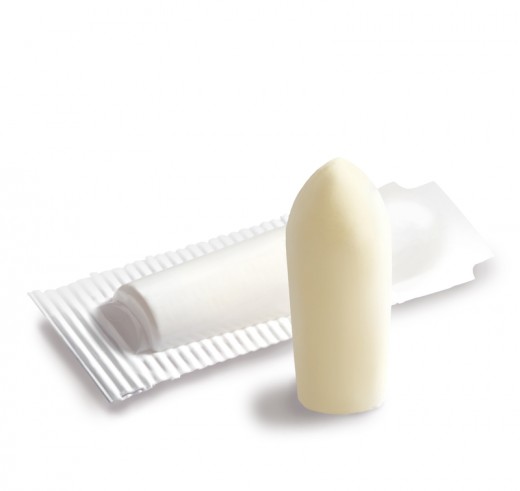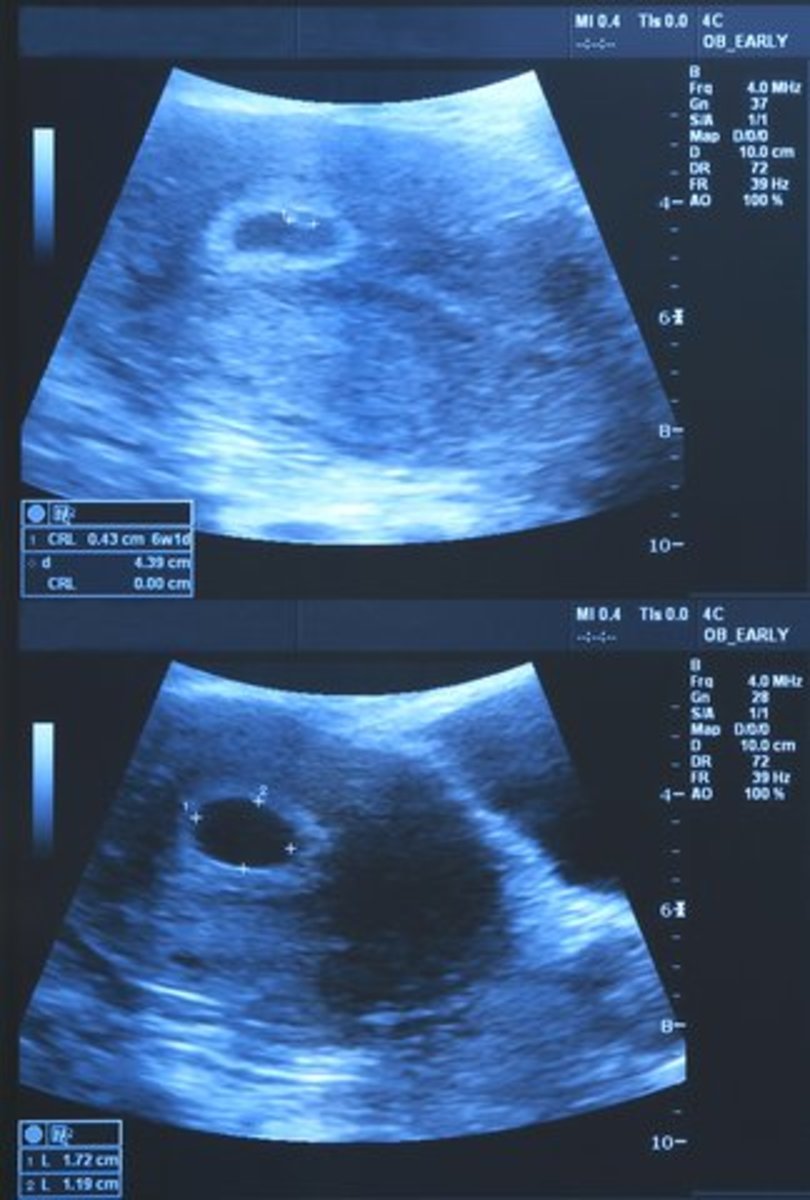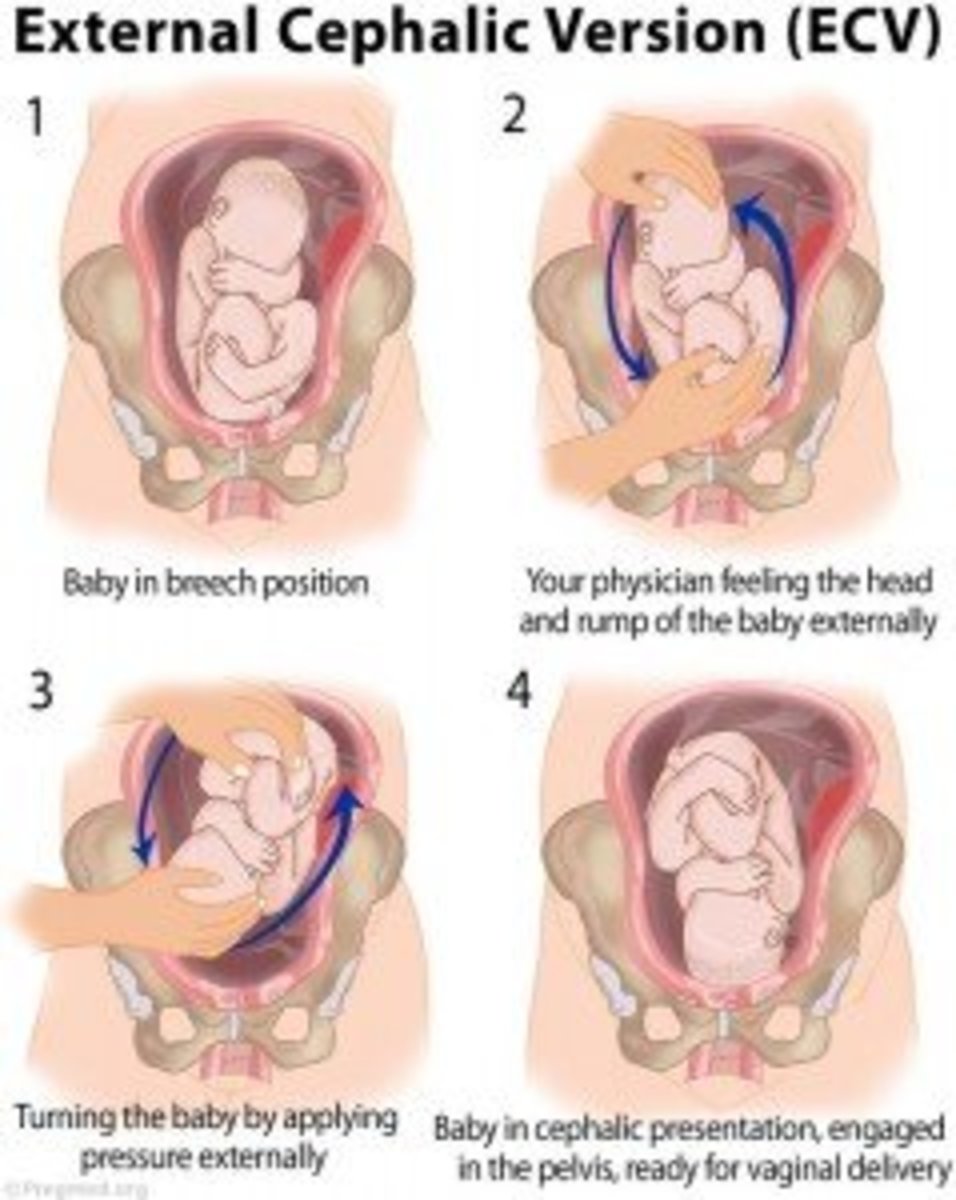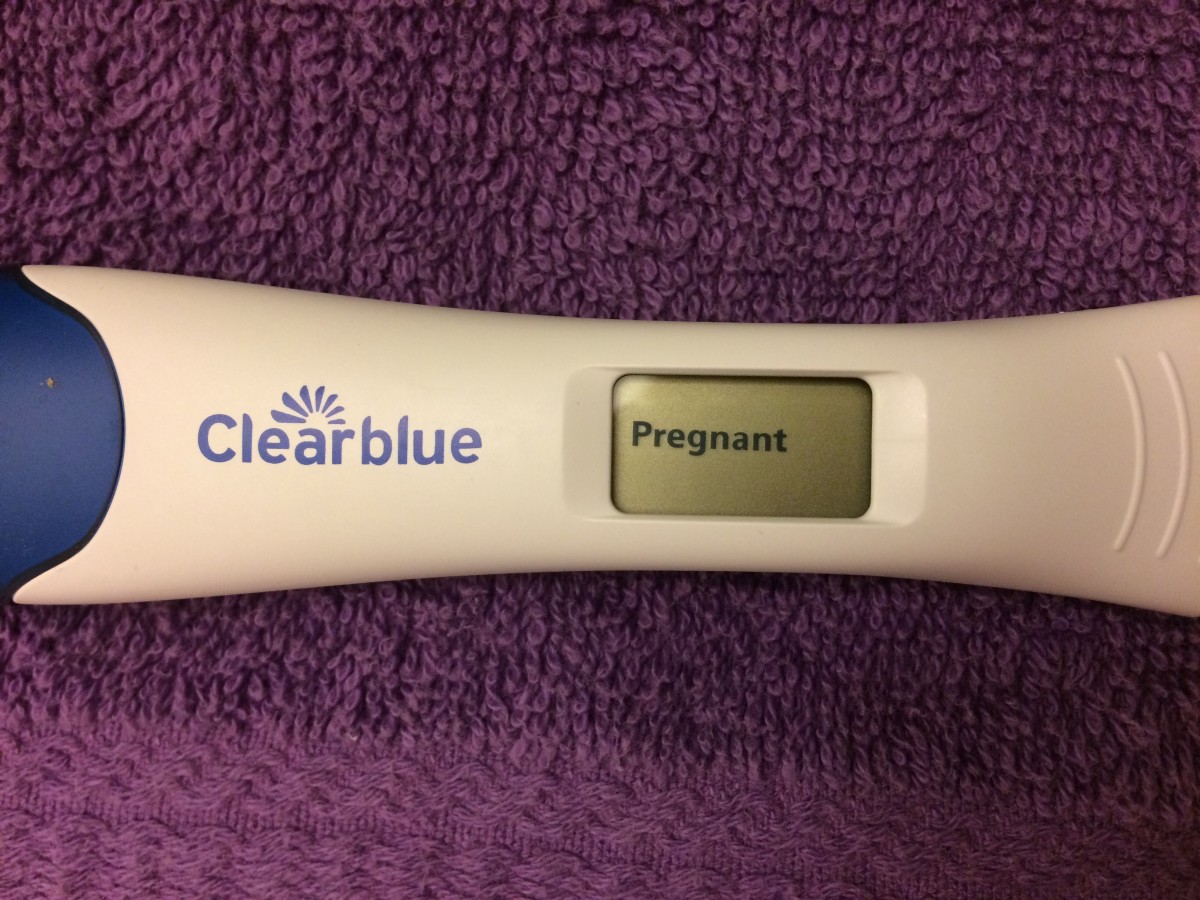- HubPages»
- Health»
- Women's Health»
- Pregnancy
Does Supplemental Progesterone Prevent Early Miscarriage?

If you have suffered the heartache of an early miscarriage, or perhaps even two, three or more, you will surely know about the desperate ‘what ifs’ and ‘if onlys’ that follow. “If only I had avoided caffeine…” “What if I’d taken more pre-natal vitamins?” “If only I’d not had that glass of wine…” “What if I hadn’t lifted that heavy box?” For the hardened, ‘professional’ trying-to-conceiver, the questions might be even more complex and probing. “What if I hadn’t conceived the baby using sperm-friendly lubricant?” “If only I had drunk more spearmint tea…” “What if I’d had sex at an earlier time so that the sperm was ‘fresher’ when it found the egg?”
And whilst in the process of desperately wondering whether your miscarriage could have been prevented, some of your ten million questions may well focus on the matter of progesterone. “Were my progesterone levels high enough?” “Should I have asked for my progesterone levels to be checked with a blood test?” “Does progesterone prevent early miscarriage?” “Should I have taken supplemental progesterone?”

Progesterone is the hormone released by the corpus luteum (the ruptured egg follicle) right after ovulation. Its job is to thicken the lining of the uterus (the endometrium) to make a nice comfy mattress for the fertilised egg. It also stimulates glands in the endometrium to secrete nutrients to nourish the little embryo. Progesterone continues to be secreted by the corpus luteum in early pregnancy, until about 8-12 weeks when the placenta takes over its production. Low progesterone in early pregnancy has been suggested as a cause of miscarriage, and so some doctors prescribe supplemental progesterone to some women to reduce the risk. Supplemental progesterone may be taken orally, by injection in to the muscle, or as suppositories inserted rectally or vaginally.

However, many doctors are reluctant to prescribe progesterone, perhaps because they believe that the supposed benefits of these supplements are nothing more than wishful thinking from anxious women. These are the doctors that will confidently tell you that your miscarriage, or recurrent miscarriages, was/were almost certainly due to genetic faults with the foetuses and that you were just ‘really unlucky’ if it happened to you more than once. Then they will say that supplemental progesterone might have delayed your miscarriage but could never have prevented it. But are they telling the truth?
Does progesterone prevent early miscarriage?
In 2013 the question ‘does progesterone prevent early miscarriage?’ was addressed by The Cochrane Collaboration. Now, I am a person who likes research. But the guys at the Cochrane office are the research maestros. These bods eat, drink and sleep research. When they come to a conclusion, the health world listens.

In a systematic review the Cochrane crew analysed 14 studies of 2158 pregnant women, looking at whether they were taking or not taking supplemental progesterone. Then they looked at how many of those 2158 women miscarried.
Looking at all of the 2158 women in the 14 trials, it turned out that the pregnancy outcomes weren’t much different, whether they had been given supplemental progesterone or not.
All (2158) women studied; progesterone vs no progesterone
Total number of pregnant women
| Number of women who had miscarriages
| Number of women who had successful pregnancies
| Miscarriage rate as a percentage
| |
|---|---|---|---|---|
Women given progesterone
| 1118
| 221
| 897
| 19.8%
|
Women not having progesterone
| 1040
| 217
| 823
| 20.9%
|
The women on progesterone had a miscarriage rate of 19.8%. The women not given progesterone had a miscarriage rate of 20.9%; barely any difference at all. So the doctors referred to earlier on this page are perhaps not lying after all. Or greedily refusing to prescribe progesterone so that they can keep it all for themselves.
But hold on though… that analysis did not focus on whether the women had suffered previous miscarriages. When the Cochrane guys structured their analysis to pay attention to women’s history of miscarriage, their results gave a different conclusion. First up was their analysis of 225 pregnant women, all of whom had suffered 3 or more previous miscarriages.
Only women who’d had 3 or more previous miscarriages studied; progesterone vs no progesterone
Total number of pregnant women
| Number of women who had miscarriages
| Number of women who had successful pregnancies
| Miscarriage rate as a percentage
| |
|---|---|---|---|---|
Women given progesterone
| 132
| 24
| 108
| 18.1%
|
Women not having progesterone
| 93
| 35
| 58
| 37.6%
|
These results suggest that for women who’ve had 3 or more previous miscarriages, supplemental progesterone reduces their risk of miscarriage from 37.6% to 18.1% or, in other words, by half.
Next up, the Cochrane guys focused on 7 trials looking at 450 pregnant women on progesterone, all of whom had suffered 2 or more previous miscarriages.
Only women who’d had 2 or more previous miscarriages studied; progesterone vs no progesterone
Total number of pregnant women
| Number of women who had miscarriages
| Number of women who had successful pregnancies
| Miscarriage rate as a percentage
| |
|---|---|---|---|---|
Women given progesterone
| 245
| 47
| 198
| 19.1%
|
Women not having progesterone
| 205
| 53
| 152
| 25.9%
|
These results suggest that for women who have had 2 or more miscarriages, supplemental progesterone reduces their risk of miscarriage from 25.9% to 19.1% or, in other words, by almost a quarter.
So… does progesterone prevent early miscarriage?
The Cochrane review concludes by saying that there is no evidence to suggest that progesterone supplements prevent miscarriage in most women. But when a woman has suffered recurrent miscarriages rather than one sporadic miscarriage, there is some evidence that suggests that supplemental progesterone might help.
Given this conclusion, it could be argued that all women who’ve suffered a miscarriage should be prescribed progesterone during their next pregnancy. After all, why should a woman wait until she has had two or three miscarriages, just so that doctors can be sure she falls in to the category that would benefit from supplemental progesterone? Excuse the analogy, but this seems a bit like the 17th Century ‘water dunking test’ to see if a woman is a witch or an innocent; by the time everyone realises for certain which category the woman falls in to, she has already been tortured and drowned. And, unlike dunking suspected witches in rivers, supplemental progesterone does not seem to have any serious side effects. So, doctors, why not prescribe it… just in case.

Following this Cochrane review, the authors stressed that it was not possible to make firm conclusions about supplemental progesterone and miscarriage because some of the trials reviewed weren’t up to top standard.
Important Update
Hoping to clarify matters, in the United Kingdom there was a large-scale, randomised, double-blind, placebo-controlled trial conducted to investigate whether supplemental progesterone prevents miscarriage. This was named the PROMISE trial, the results of which were published in November 2015.
Unfortunately, and disappointingly, the PROMISE trial showed that progesterone supplementation in early pregnancy was not effective in preventing early miscarriage.
___________________________________________________________________
References
Arri et al. (2015) A Randomized Trial of Progesterone in Women with Recurrent Miscarriages. The New England Journal of Medicine. 2015 (373), pp. 2141-2148. Available from: http://www.nejm.org/doi/full/10.1056/NEJMoa1504927?query=featured_home (Last accessed 06th January 2018).
Haas DM and Ramsey PS (2013) Progestogen for preventing miscarriage: Review. Cochrane Database of Systematic Reviews. (10), Pubmed [Online] Available from: http://apps.who.int/rhl/reviews/CD003511sp.pdf (Last accessed 6th January 2018).
Society for Endocrinology (2015) You and your hormones: Progesterone. [Online] Available from: http://www.yourhormones.info/Hormones/Progesterone.aspx (Last accessed 06th January 2018).








